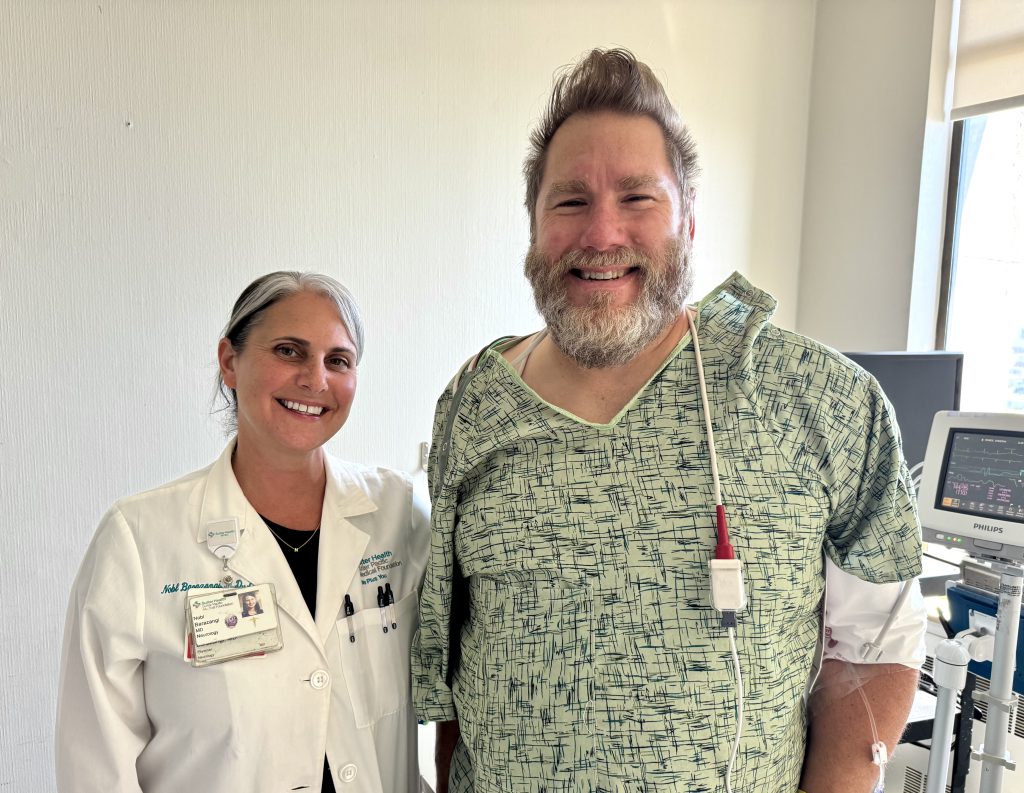Monkeypox (MPX) has dominated headlines and the public’s attention for many weeks. So how did this virus—part of the same disease family as smallpox, which was declared eradicated worldwide more than 40 years ago—get back on the world’s radar?
Health officials and infectious disease experts are trying to set the record straight. But do you find yourself still confused about MPX? Here are some of the key things to know about the virus:
- MPX is a potentially serious, yet rare disease according to the World Health Organization.
- Clinicians state that MPX symptoms typically include headache, muscle aches, fevers and exhaustion to start. A rash will develop approximately one to three days after the fever. The rash frequently appears on the face, palms of the hands and soles of the feet. It is accompanied by firm, tender lymph nodes and skin lesions.
- According to medical experts at the Centers for Disease Control, MPX isn’t the new COVID-19. MPX is primarily transmitted through skin-to-skin contact. COVID-19 is spread more easily since it travels through the air. Catching MPX is more likely for someone who has close contact with lesions or bodily fluids of someone who is infected with the virus.
- The CDC states that antiviral medications developed for smallpox patients may prove helpful for those diagnosed with MPX. People who received a smallpox vaccine before it was discontinued in 1972 are likely immune.
“The medical community is keeping a watchful eye on the developments with monkeypox,” said Dr. Jeffrey Silvers, medical director of pharmacy and infection control at Sutter Health. “At the same time, it is important for the public to clearly understand the rareness of the disease and people’s respective risk levels.”
Note: This content is not intended to be a substitute for professional medical advice, diagnosis or treatment. Always seek the advice of your physician or other qualified health provider with any questions you may have regarding a medical condition. Never disregard professional medical advice or delay in seeking it because of something you have read on this website.





